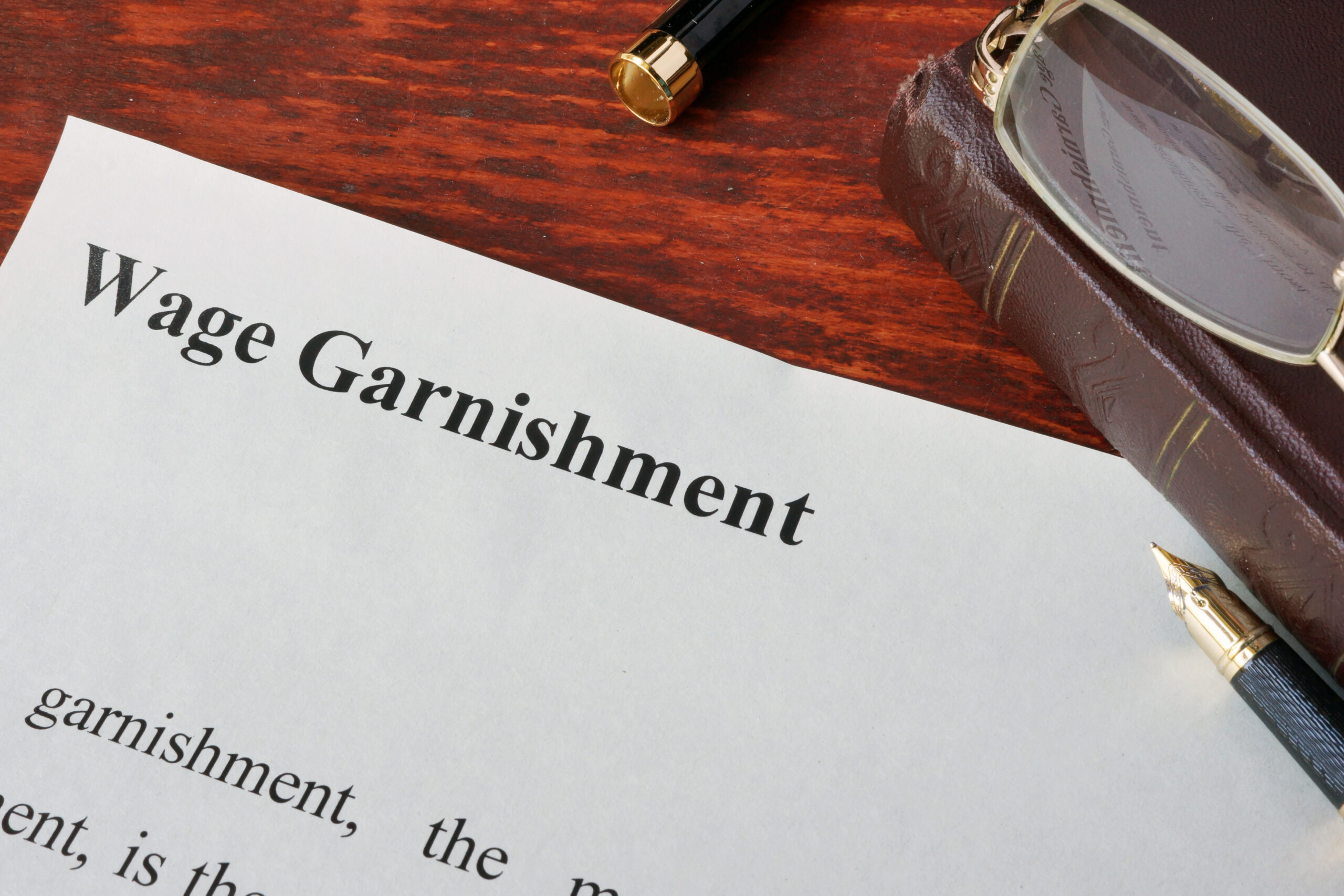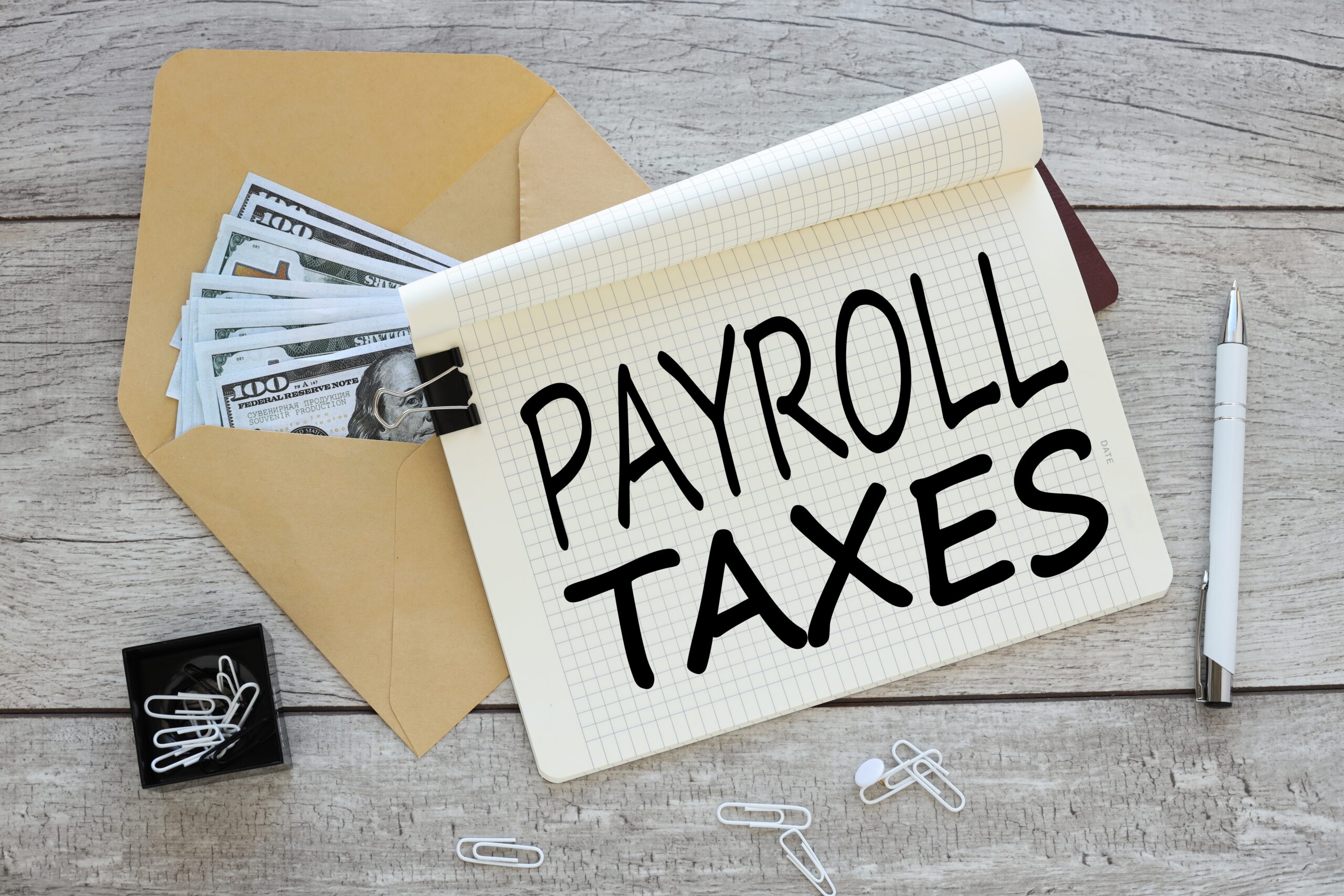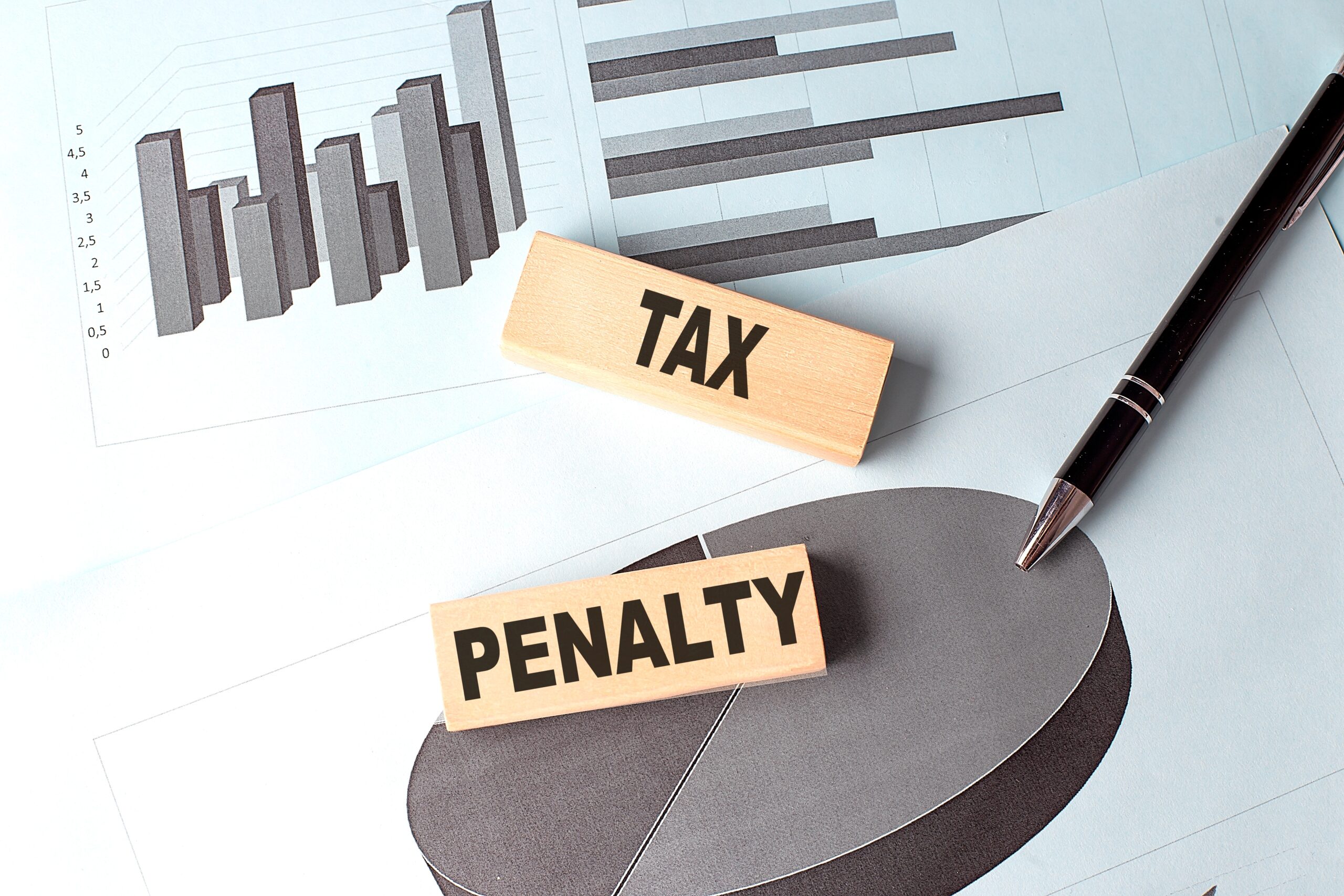When the IRS starts taking money directly from your paycheck, it can quickly become overwhelming. The good news? You don’t have to face it alone — and with the right help, you can often stop a garnishment before your next payday.
What Is an IRS Wage Garnishment?
A wage garnishment (or levy) allows the IRS to collect unpaid taxes by requiring your employer to send a portion of your wages directly to them. This usually happens after the IRS has sent multiple warnings, including a Final Notice of Intent to Levy.
Once it begins, it continues until your balance is paid or the IRS approves another arrangement.
How to Stop Wage Garnishment
You have several ways to stop a wage garnishment:
Set Up a Payment Plan. A negotiated installment agreement can pause collection.
Apply for Hardship Status. If you can’t pay without severe financial strain, the IRS can stop enforcement.
Submit an Offer in Compromise. Settle for less than you owe if you qualify.
File an Appeal. Challenge improper or excessive collection action.
How Rappaport Tax Relief Helps
At Rappaport Tax Relief, we work directly with the IRS to stop garnishments, protect your income, and negotiate solutions that fit your financial situation. We’ve helped countless Connecticut taxpayers regain control and peace of mind.
David Rappaport is an Enrolled Agent with over 25 years of experience in the field of taxation. He specializes in representing clients before all administrative branches of the IRS and State Taxing Authorities.



